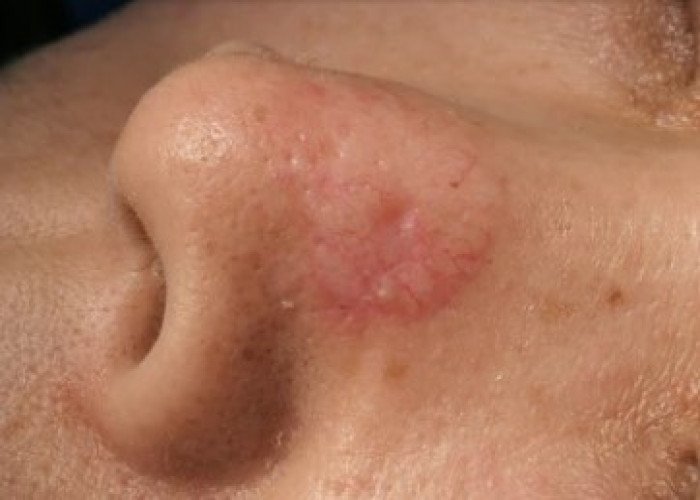 Welcome
Welcome
“May all be happy, may all be healed, may all be at peace and may no one ever suffer."
Sleep paralysis - Homeopathic remedies
Sleep paralysis is a temporary inability to move or speak while falling asleep or waking up. It can occur during the transition between wakefulness and sleep, when the body is in a state of muscle atonia, or temporary paralysis. Sleep paralysis can be a frightening experience, but it is not harmful and usually lasts only a few seconds to a few minutes.
During sleep paralysis, a person may be aware of their surroundings but unable to move or speak. It can be accompanied by hallucinations, such as seeing or hearing things that are not there. These hallucinations can be vivid and realistic, leading to feelings of terror or dread.
Sleep paralysis can be triggered by factors such as sleep deprivation, irregular sleep patterns, stress, and certain medications. It is more common in people who have narcolepsy, a sleep disorder characterized by excessive daytime sleepiness.
If you experience sleep paralysis frequently or it is affecting your sleep quality or daily functioning, it is important to consult with a healthcare professional for an evaluation and personalized advice. Treatment options for sleep paralysis may include improving sleep hygiene, treating underlying sleep disorders, and in some cases, medication.

Lack of breast milk

Dry skin

Tone break

Blurred vision

Heart failure

Cancer of nose

Brain inflammation

Irregular menstruation
Sleep paralysis, বোবায় ধরা
To be happy, beautiful, healthy, wealthy, hale and long-lived stay with DM3S.


